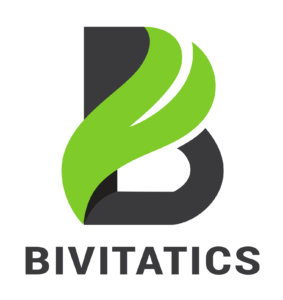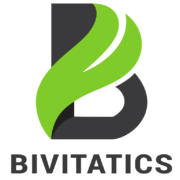What is resveratrol?
Resveratrol or trans-resveratrol is a chemical with antioxidant properties. Over 70 plant species have detectable levels of it, with Japanese knotweed having the richest content. Scientists believe plants make it to protect themselves against natural radiation and pathogens.
What is resveratrol good for?
Animal studies and laboratory have suggested several resveratrol benefits. There are very few well-controlled human studies. And results have not been able to show clear-cut gains in survival and health, despite the changes in disease biomarkers. The list of potential resveratrol advantages includes:
- Lowering blood sugar levels and cholesterol
- Decreasing blood clotting
- Protecting the blood and heart vessels
- Treating and preventing cancer
- Preventing Alzheimer’s disease, Supporting memory and other dementias
- Reducing inflammation and pain
Most of the research is necessary before scientists may say for certain whether any of these resveratrol advantages are real or not.
SELECTING THE RIGHT RESVERATROL SUPPLEMENT
There are companies that show resveratrol capsules in the market. How do you select the one that gives you the maximum benefits and right potency?
Look here when looking for a resveratrol supplement:
SeLECT BY RIGHT DOSAGE
Most supplements have dosages between 250mg to 500mg, which are so much lower than what some studies have suggested being beneficial.
Well, that is what supplements are made for.
SELECT BY LIST OF INGREDIENTS and PURITY
You would not take something into your body that you are not fully aware of, especially when it comes in small capsules. If you decide to take any other health supplement or resveratrol, you may be conscious. See the ingredients list and take note of what is in your resveratrol capsules.
- Look for trans resveratrol.
Resveratrol capsules can contain either cis resveratrol or trans resveratrol. What you need to take note of is the level of purity which varies from 5 percent to 75 percent.
The cost may be cheaper but you will not be getting any of the good stuff.
2. Say no to additives
Resveratrol is a natural substance so if you read anything in the supplement facts that don’t seem natural to you, do fast research. It is the best to be proactive than regretting taking the risk later on.
CERTIFICATIONS and MANUFACTURING
Of course, it is important to know where your resveratrol supplement is made. Look also for the seal that says it is laboratory tested to be sure of its potency and purity.
CERTIFIED VEGAN
Even if you are not vegan, this standard means your capsule has no gelatin, which is an animal by-product. You would not even know if the cattle, where the gelatin in your capsule comes from, is safe and healthy from infection. It would put you at ease if your capsules are made from vegetable preservatives, cellulose, no gelatin or gluten.
TAKEAWAYS
And because of its energy-enhancing properties, you might have a hard time sleeping or better not take it at night.
Just a reminder, this is not advisable for lactating or pregnant mothers, individuals below 18 years old, and those with a known medical condition. Consult your doctor or physician first before using this supplement.
SOURCES OF RESVERATROL
Resveratrol is commonly found in the skin of red grapes and in mulberries, cranberries and some deep-colored berries such as blueberrys. Muscadine grapes are contains the highest resveratrol concentration.
If you are a regular red wine drinker, you will be glad to know that it is also a great source of this powerful antioxidant just remember to drink in moderation. Other resveratrol sources include green tea leaves, cocoa or dark chocolate, Japanese knotweed, pistachio and peanuts.
Advantages
It is important to note that while experts decide that it does have potential, there is still not enough data to confirm its effectiveness. Early research does suggest it may help protect you against:
Cancer: It may limit the spread of cancer cells and start killing them.
Diabetes: Resveratrol helps, in a condition in which the body becomes some sensitive to the blood sugar-lowering hormone insulin and to prevent insulin resistance. The condition can lead to diabetes.
Heart disease: It is thought to help lower LDL, reduce inflammation or “bad” cholesterol, and make it more difficult for clots to form that may lead to a heart attack.
Alzheimer’s: It can protect nerve cells from damage and fight the plaque buildup that can lead to the disease.
Researchers believe that resveratrol activates the SIRT1 gene. That gene is believed to protect the diseases of aging and the body against the effects of obesity.
Disadvantages
Studies have not showed any severe ones, even when resveratrol is taken in large doses.
However, these supplements may interact with blood thinners like warfarin (Coumadin), and NSAID medications like aspirin and ibuprofen. That can raise your chance of bleeding.
As with other supplements, the FDA does not regulate resveratrol. That makes it difficult for consumers to know exactly what they are getting or whether the product is effective. There also is not any specific dosage recommendation, and how much you should take may vary from supplement to supplement.
The dosages in most resveratrol supplements are typically much less than the amounts that have been shown beneficial in research. Most supplements contain 250 to 500 milligrams.

